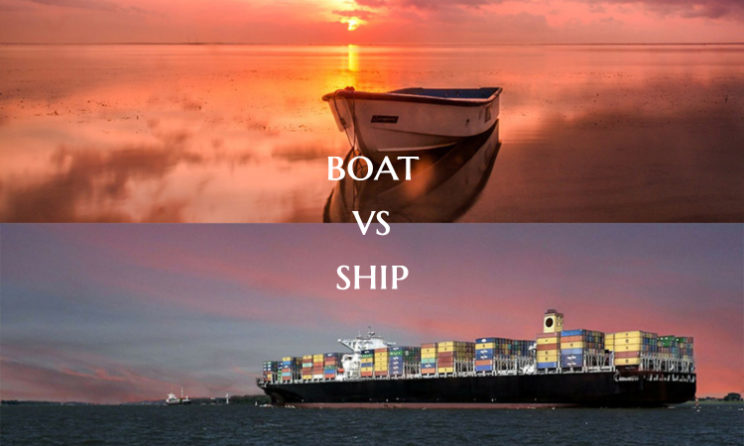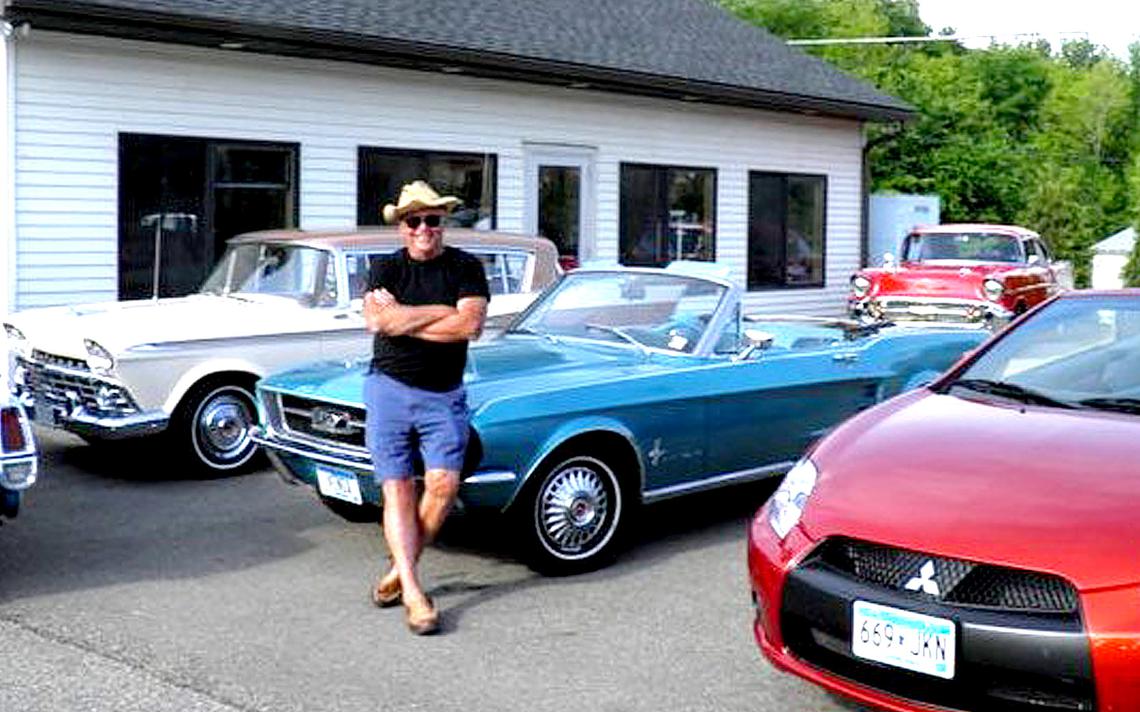|
Local View Column: Try not to get shipwrecked by the lexicon of the lake
|
 |

By John Freivalds
Published September 1st, 2019
Duluth News Tribune
When I go to Duluth these days I go as a tourist, but I used to go frequently as a bulk-grain exporter. We used to ship thousands of tons of grain and sugar-beet pellets out of Duluth to Europe and northern Africa using ships now referred to as salties.
I must admit that when I joined the grain-trading firm I didn't know the lingo and had to endure the old pros laughing at me for using “boat” instead of “ship.”
“John,” they would sneeringly say to me, “a rowboat is not a ship.” I won't bore you with the other lingo I had to learn, though they included “FOB,” “CIF,” “FAS,” “draught” (not a reference to beer), and “satshinc” (for “Saturdays, Sundays, holidays, included in freight charges”).
The simplest way to remember “ship” vs. “boat” is that you can fit a boat on a ship but a ship can't fit onto a boat. Not technical enough for you? The Westlawn Institute of Marine Technology defines it this way: “A ship is any vessel or conveyance that floats or operates on the water and is equal to or larger than 197 feet (in) overall length. A ship may be used for pleasure, commercial, or residential purposes."
Oh, yes, also, ships need crew members, whereas boats usually don't. I know, I know: Tug boats? Ferry boats? OK, it’s as confusing as the popular TV show, “The Love Boat,” which portrayed a cruise ship as a boat. But for TV, “Love Ship” wouldn't have been romantic enough.
Old-timers will remember the Bing Crosby love song, “Slow Boat to China,” and its gushy lyrics, “I’d love to get you on a slow boat to China, all to myself alone.” Boats are romantic ships — except, of course, when they haul refugees who become “boat people.”
It's even confusing for the port of Duluth, as it serves two masters: the tourists who flock to Canal Park to see the “big boats” (“ships?”) go by and the shippers of iron ore pellets or limestone or grain who charter ships to haul out their goods. Even the port of Duluth reflects this linguistic confusion, if not ambivalence. CanalPark.com instructs: “View the Duluth ship schedule to see when boats from all around the world are estimated to arrive and depart.”
Duluth is a unique port, for it has a narrow, lined channel entrance to the main harbor. Gawking tourists thus can line the quay to watch both boats and ships go in and out. Other ports like Oakland, Baltimore, and Rotterdam open up to the sea and/or bay, and it's difficult to see any vessels.
Alas, “boat” and “ship” are so intertwined they can't be separated. Pity the poor guy who has to learn English as a second language like I did.
Someone who acts unknowingly is said to act “like he just got off the boat” — even if it was an oceangoing ship.
And people whose boats are washed ashore on a distant island are said to be “shipwrecked,” not “boatwrecked.”
Perhaps the best way to leave this is a quote appropriate for our time from that famous sailor, the Rev. Martin Luther King, Jr., who said: “We may all come on different ships, but we are in the same boat now.”
John Freivalds of Wayzata, Minn., is the author of six books and is the honorary consul of Latvia in Minnesota. His website is jfapress.com.







